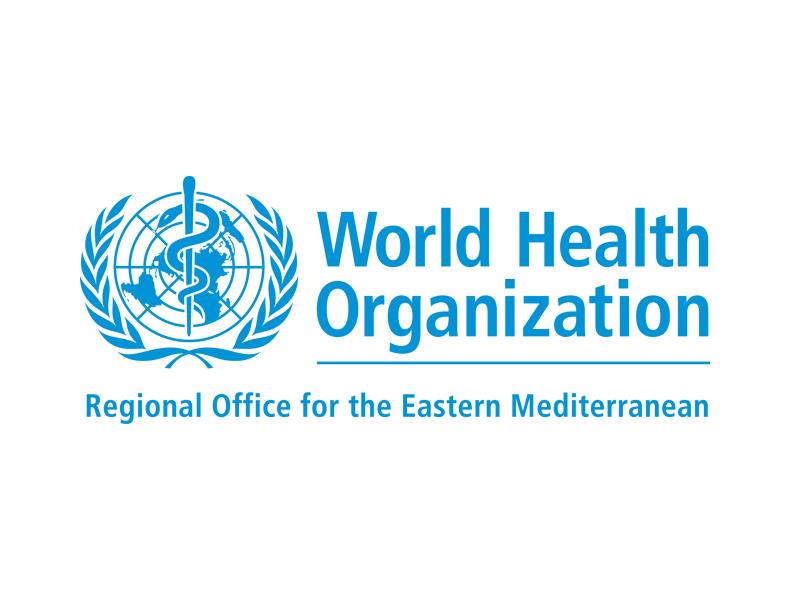
A recent study asserted that climate change is having a major impact on the health of the worlds population. The authors of the study, conducted by Lancet’s committee for health and protection of the climate, which includes climate experts, doctors and economists, stressed the need to pump more investments in climate protection, to avoid medical emergencies at the global level.
According to the study, about 125 million people over the age of 65 worldwide were exposed to heat waves during the period from 2000 to 2016, which had health consequences that affected (for example) the circulatory system, the German News Agency (DPA) reported. Experts warn that the number of people suffering from health problems directly related to heatwaves will reach 1 billion by 2050.
According to the study, the rising temperatures have reduced the productivity of individuals in rural areas over the same time period by 3.5 percent.
Anthony Costello, one of WHO’s directors, said: "The stadiums founded to host the FIFA World Cup in Qatar are being built at night under light bulbs, but that does not apply to agriculture in Africa."
At the same time, the study pointed to the increasing prevalence of dengue fever infection, due to the spread of disease-carrying mosquitoes on a wider scale. According to the study, each contract doubles the number of individuals who develop dengue fever, the fastest-spreading tropical fever worldwide, explained the scientists.
Despite the negative results, experts said there are signs of hope to confront climate change, as many countries are preparing to stop using coal energy, and there is an increasing reliance on renewable energy.
Meanwhile, the World Meteorological Organization (WMO) announced that greenhouse gas emissions have recorded their fastest increase last year. The concentration of carbon dioxide in the atmosphere increased to 3. 403 ppm last year, compared with 400 ppm in 2015.
Highlighting the geological records, the Geneva-based organization, said: “This level was last recorded three to five million years ago, when the Earths temperature rose up to 3 degrees, and sea levels rose to 20 meters compared to the current levels".
The report concluded that "the concentration of carbon dioxide rose at a record speed in 2016.
FAO’s Secretary-General Petrie Tallas said: "Without reducing the concentration of carbon dioxide and emissions, we will be heading towards a dangerous temperature rise by the end of this decade, higher than the target set by the Paris Convention on Climate Change."
Along with the human-triggered emissions, the biggest cause to the growing emissions is the "El Nino" phenomenon, which reduces the ability of plants to absorb carbon dioxide.












